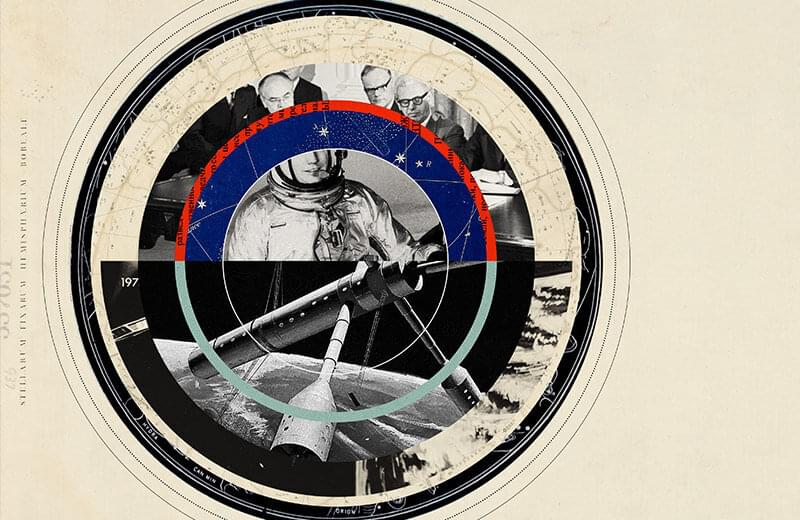With many countries, companies and individuals intensifying their space exploration programs, questions about rights, ownership and the feasibility of manned space missions are coming to the fore of public debate.
In early 1,610, Italian astronomer and physicist Galileo Galilei wrote a letter to Cosimo de’ Medici—then Grand Duke of Tuscany—stating that he had observed for moons of Jupiter (which Galileo initially believed to be stars) using his improved telescope lens. Hoping to secure the grand duke’s patronage, Galileo proposed naming the bodies after Cosimo’s family, eventually calling them the “Medicea Sidera,” or the Medicean stars. (In the end, the moons were named for four lovers of the god Zeus: Io, Europa, Ganymede and Callisto.)
Galileo was not the first to claim stars in the name of people on Earth, and he was to be far from the last. Although the names of celestial bodies are now determined by the International Astronomical Union using a systematic naming system, the idea that outer space is terra incognita, a place yet unexplored or claimed, where everything is up for grabs, is more powerful today than ever before.









Comments are closed.